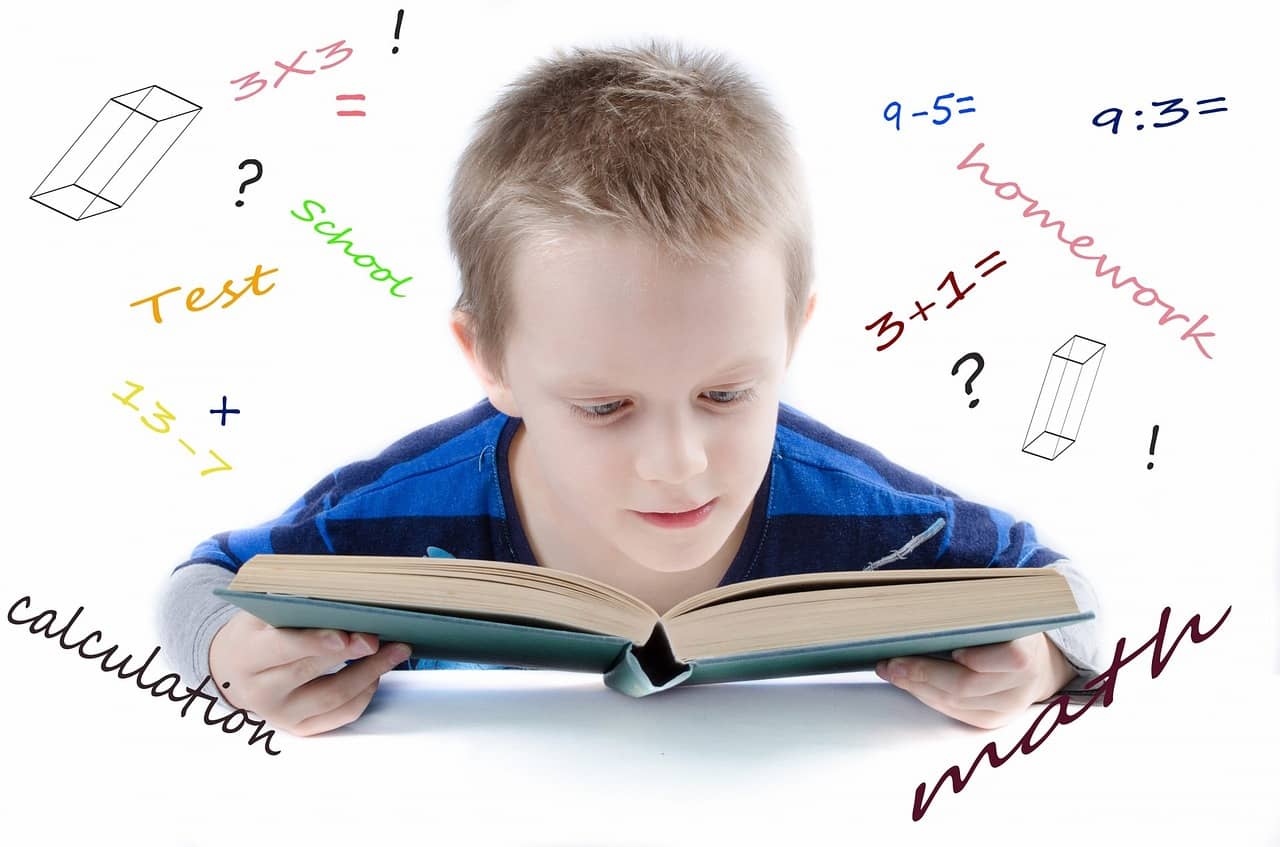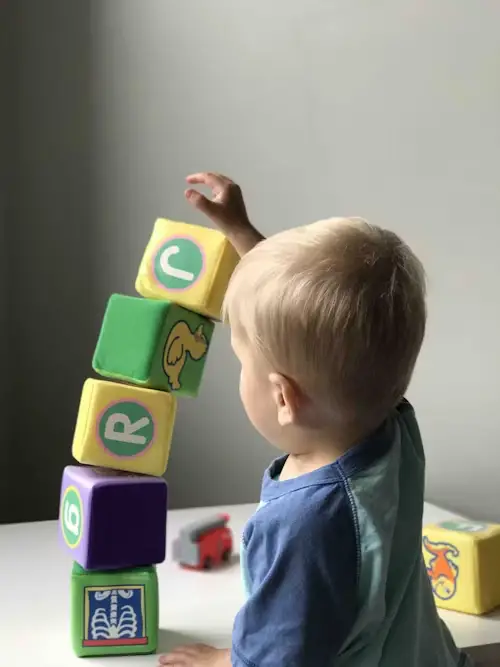Nurturing Exceptional Talent: Specialized Education Programs for Gifted Children
Education programs tailored for gifted children are pivotal in nurturing and maximizing the potential of exceptional learners. These specialized programs focus on challenging, engaging, and supporting students with exceptional abilities, providing opportunities for intellectual growth and development. This article aims to explore education programs designed for gifted children, underscore their significance, and provide examples of specialized approaches and initiatives.

Page Contents
Unraveling Education Programs for Gifted Children
Education programs for gifted children cater to learners who demonstrate exceptional abilities or talents in specific areas such as academics, arts, leadership, or creative thinking. These programs offer enriched and differentiated curriculum, challenging activities, and specialized support to meet the unique needs of gifted students.
The 4 Significance of Specialized Programs
1. Catering to Unique Learning Needs
Specialized programs recognize and address the advanced intellectual, creative, or academic needs of gifted children.
2. Intellectual Stimulation and Engagement
Tailored curriculum and activities challenge gifted students, providing opportunities for deeper exploration and intellectual engagement.
3. Social and Emotional Support
Specialized programs offer support to address the social and emotional needs of gifted children, fostering a sense of belonging and understanding among peers.
4. Maximizing Potential and Growth
These programs aim to maximize the potential and talents of gifted children, encouraging continued growth and development.
The 5 Examples of Specialized Education Initiatives
1. Enriched and Accelerated Curriculum
Designing curriculum that offers advanced coursework, enrichment activities, and opportunities for independent study or research projects.
2. Pull-Out Programs or Special Classes
Providing specialized classes or pull-out programs that cater specifically to gifted students, offering challenging and engaging content.
3. Mentorship and Individualized Learning Plans
Pairing gifted students with mentors or creating individualized learning plans that cater to their unique strengths and interests.
4. Extracurricular Opportunities
Offering extracurricular activities, clubs, or competitions that cater to the talents and interests of gifted students, such as math Olympiads, science fairs, or art exhibitions.
5. Flexible Learning Environments
Creating flexible learning environments that allow for independent exploration, collaborative projects, and interdisciplinary studies.
Implementation of Specialized Programs
- Identifying gifted students through assessments, observation, and teacher nominations to ensure proper placement in specialized programs.
- Providing professional development for educators to equip them with strategies to support gifted learners effectively.
- Collaborating with parents and guardians to create a supportive and enriching learning environment both at home and at school.
Conclusion
With a bit of hard work and nurturing your child’s intelligence–who knows maybe your gifted child with his breaking discoveries could be the next Einstein or Aristotle who was a Greek Philosopher, founder of Zoology, his influence in the history of Psychology, Ethics, Metaphysics and a lot more. Aristotle’s father was a court physician to King Amyntus of Macedonia. Aristotle enrolled at Plato’s Academy, tutored Macedonia King Philip’s son Alexander the Great, made extensive discoveries leading to Zoology etc.
Education programs for gifted children play a crucial role in nurturing and developing their exceptional talents. By providing enriched curriculum, challenging activities, and specialized support, these programs aim to maximize the potential of gifted students. Recognizing and catering to the unique needs of gifted learners ensures that they receive opportunities for intellectual growth, social-emotional support, and continued development, enabling them to flourish and make meaningful contributions to society based on their exceptional abilities.







